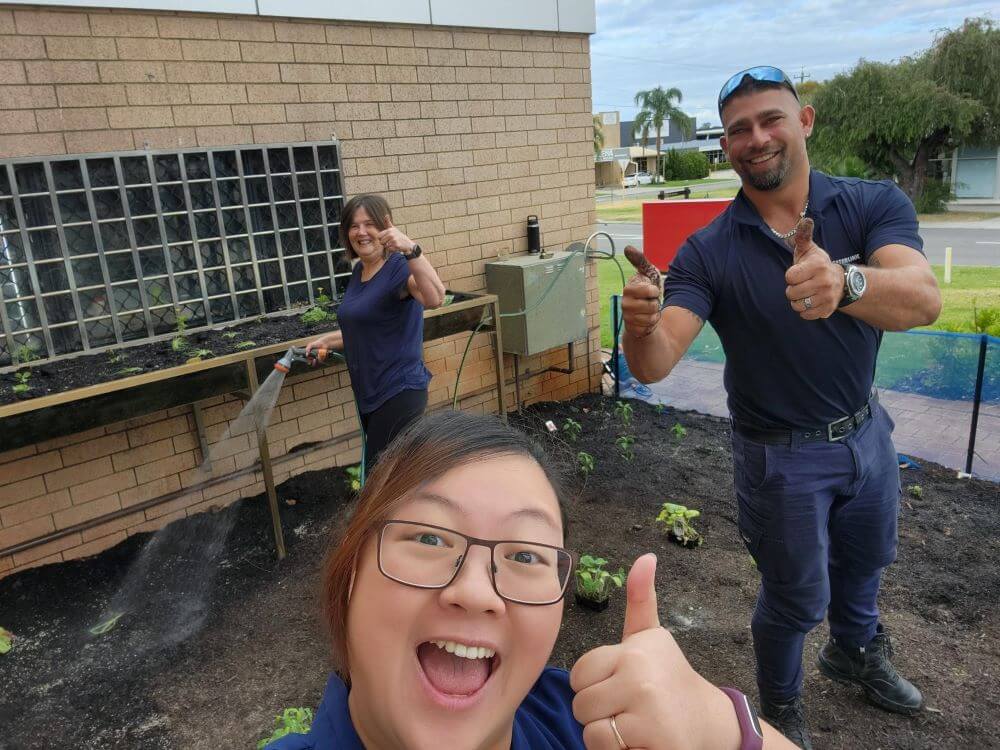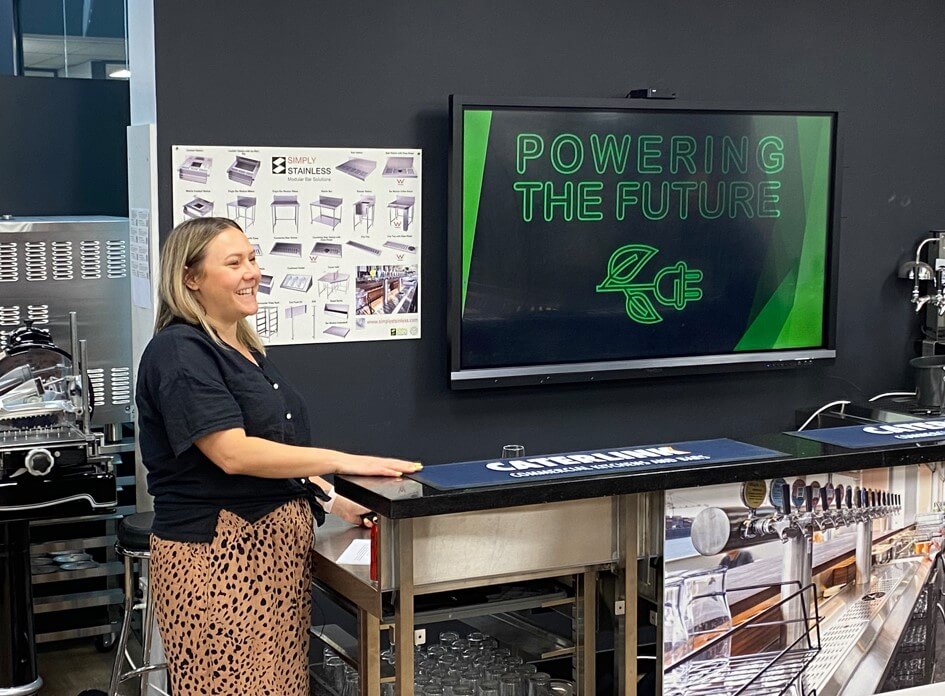-
- Back
- Commercial Kitchen Equipment
- Refrigeration
- Benchtop Cooking Equipment
- Beverage & Drink Equipment
- Dishwashers & Glasswashers
- Food Preparation Equipment
- Ice Makers
- Stainless Steel Benches & Sinks
- View all categories
What is Greenwashing?
So chances are you’ve seen the term Greenwashing splashed across the news or even in your social media feed and depending on where you get your news from or who you follow the rhetoric may vary from “Greenwashing a modern-day minefield” to “Big business busted for Greenwashing”! But what is Greenwashing?

Well taking it back to basics, Greenwashing is when corporation or individual make false or exaggerated claims regarding the sustainability of their products, services, or processes in order to increase their market share and/or profits. So profit over the planet.
Now you wouldn’t be mistaken in saying the terms popping up more and more, just in the last 12 months searches for the term ‘Greenwashing’ have increased by 120% here in Australia along.
But although it may seem like a new term Greenwashing was originally coined back in 1986 by the Environmentalist Jay Westernveld, he penned the term in a paper highlighting the cost saving scheme set up by the hotel industry of ‘save the towel & the environment’ which were used at the time – the Greenwash being this didn’t save water, but did save the hotels money on labor & pressing costs.
Why the rise though? Consumers are buying more consciously than ever, they’re actively seeking out greener, more sustainable, and local products and produce. This had led to businesses exaggerating about if their products ‘green’ or that’ll they be carbon natural by 2030 in order to capture the conscious consumers business.
At first glance companies embellishing ingredient lists as organic or locally sourced may not seem that troublesome but not only does it mislead consumers that are trying to do the right thing for the planet but it takes away profit and funding from businesses truly trying to produce using the most sustainable products and processes.
Check out here to seem some of the biggest most recent Greenwashing cases:
If you’re business is doing the right thing but are worried about unintentionally Greenwashing here are some tips;
- Stop the fluff! If you’re using the wording organic or locally sourced to describe a produce or dish ensure the percentages, if 50% of the dish is and the rest isn’t ensure you label accordingly
- Do the research. If your suppliers are claiming products are better for the environment or cleaner as for the corresponding information to back this up!
- Get the team on board. The rise of no waste venues and businesses is a great initiative but you’ll need your whole team on board.
If you keep the mindset of planet over profit as a business you should be able to avoid Greenwashing all together.
For more the legalities of Greenwashing here in Australia check out ASIC:























